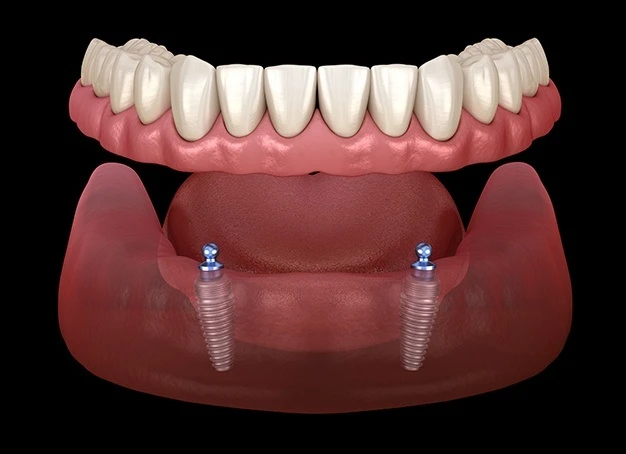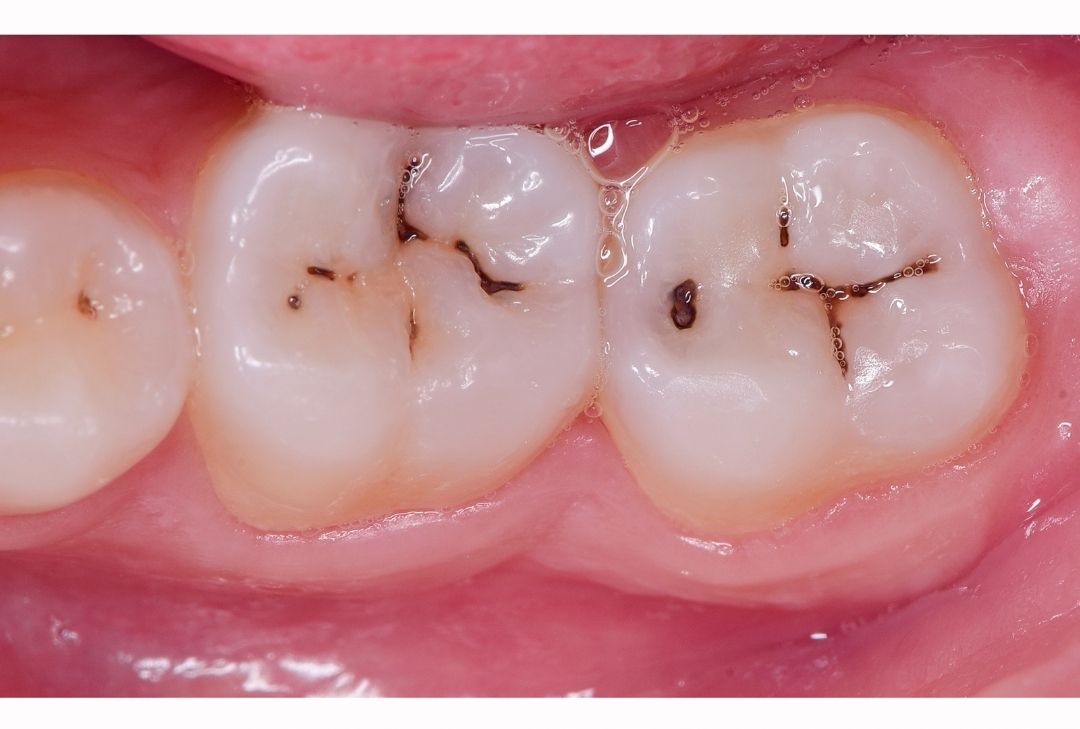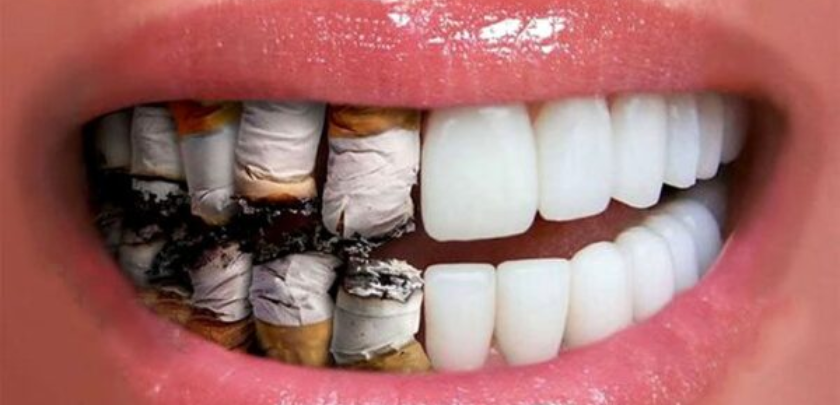Mini Dental Implants: A Less Invasive Option
In need of dental implants but not enough bone mass in your jaw for conventional ones? Or maybe you just cannot undergo any surgery? All good! Mini dental implants may the best option for you. Discover mini dental implants cost and benefits.
Not only are mini dental implants equally as successful as standard ones, but their tiny size also offers several advantages, such as a considerably simpler treatment. We’ll examine what conventional dental implants are and their necessity as you continue on. Next, we’ll examine the distinctions between traditional and small dental implants, their respective procedures, and the prerequisites for use. We will also discuss how to maintain your tiny dental implants as much as possible.
Dental Implants vs. Mini Dental Implants: A Comparison
Traditional dental implants and mini dental implants offer similar benefits in terms of restoring function and aesthetics. However, they differ in size, surgical invasiveness, and suitability for various patients. Traditional implants are larger and require more bone mass, while mini dental implants are smaller and less invasive, making them suitable for individuals with limited bone density. Both types of implants can provide a durable and long-lasting solution for missing teeth. Ultimately, the best option for you will depend on your specific needs and circumstances, which a qualified dentist can assess.
A Less Invasive Procedure
Mini dental implants offer a less invasive alternative to traditional dental implants. Unlike traditional implants, which are placed beneath the gums, mini dental implants are inserted through a small incision in the gum tissue. This less invasive approach often results in a shorter healing time and reduced discomfort.
Key Procedural Differences:
- Placement: Mini dental implants are typically placed in the front of the mouth, where the bone is often denser.
- Surgery Time: The procedure for mini dental implants is generally shorter than traditional implant placement.
- Anesthesia: Local anesthesia is usually sufficient for mini dental implant placement, while traditional implants may require general anesthesia in some cases.
- Sutures: Mini dental implants often do not require sutures, whereas traditional implants may need them.
Why Choose Mini Dental Implants?
Mini dental implants offer several advantages, making them an attractive option for individuals who may not be suitable candidates for traditional dental implants.
Key Benefits:
- Less Invasive: Mini dental implants require a less invasive surgical procedure, making them suitable for those who prefer a less invasive approach.
- Shorter Healing Time: Recovery time is often significantly shorter compared to traditional implants.
- Fewer Appointments: Mini dental implants can frequently be placed in a single visit, reducing the number of appointments required.
- Cost-Effective: While the exact cost can vary, mini dental implants are generally less expensive than traditional implants.
Consider Mini Dental Implants If:
- You desire a less invasive procedure.
- You have limited bone density.
- You have time constraints and prefer a quicker treatment option.
While mini dental implants cost can vary, they are typically more affordable than traditional implants. You can expect a significant cost savings by choosing mini dental implants.




















